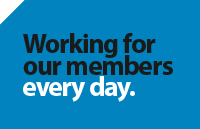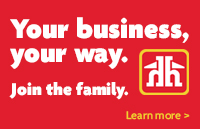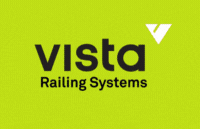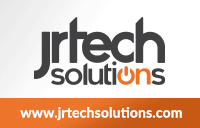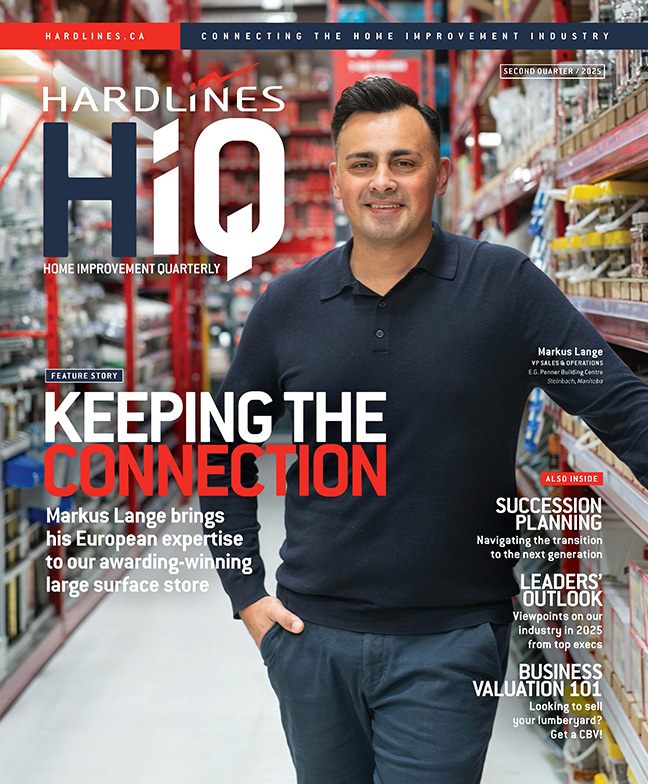
Like Millennials, Gen Z values work-life balance and meaningful work, and has a reputation for changing jobs fairly easily. Employers can use this to their advantage by leveraging their strengths to attract young workers from the competition. Members of Gen Z also share some common anxieties with Millennials, especially in this time of high inflation and rising prices, according to leadership coach Nicole Gallucci.
“Am I ever going to be able to afford a home? What kind of family am I going to be able to afford to raise in a dual-income environment? How are my partner and I going to figure that out?”
Gallucci, the author of Life Blueprint: a step-by-step guide for creating an extraordinary life, knows these generations well through her work teaching marketing at two Ontario colleges. She says Zoomers are “literally grappling with all of these challenges, and at the same time, they’re also trying to figure out, ‘what do I want to be when I grow up?’—as we all are!”
On the other hand, Gen Z exhibits a stronger preference for the community feeling of an office space, as opposed to the Millennial penchant for remote or hybrid setups. They also use professional networking websites like LinkedIn less than Millennials do, and their technology use overall is more mobile-centric.
Gallucci says that Gen Z is on the vanguard of confronting trends that will impact the workplace as a whole such as Artificial Intelligence, which she calls “a remarkable tool” but not “a replacement.”
The rapid development of AI, she says, is “amazing, but it’s also something to be a bit apprehensive about for so many in this generation—I would say so many in every generation,
but I think this generation is going to be the one who literally leads the charge on it, decides how it’s going to get used.”
While it may be daunting, Gallucci says we have been here before, pointing to the massive industrialization and technological advancements following the world wars, among other examples. “We’ve gone through these rises and falls of new technologies. Look at the dot-com explosion: everybody panicked when dot-com came in because, are we going to lose our jobs?
And we didn’t. We just found other ways to work.”
Gallucci doesn’t shy away from the angst this process can induce, including for Zoomers.
“They’re young, they’re still figuring out life, they’re still figuring out work and how work works. And on top of this, they’re trying to adopt and adapt this technology.” But she believes employers can support their younger workers through the transition if they play their cards right.
(This story is an excerpt of a larger article dealing with HR issues in the latest issue of our sister publication, the print magazine Hardlines Home Improvement Quarterly. HHIQ is mailing out later this week, so watch for it at your store!)


















